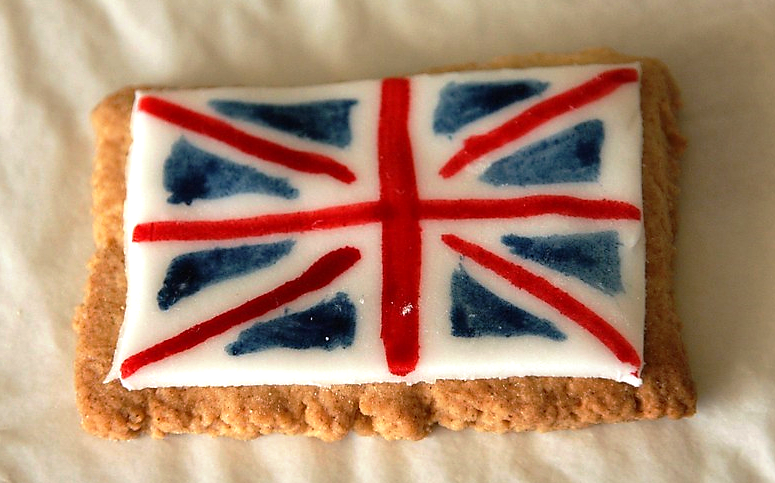
by Fern Shaw | Feb 29, 2016 | Uncategorized
*Figures charting the UK’s changing food-buying patterns since 1974 have been released. So what’s changed since then?
Data from 150,000 households who took part in the survey of their food and drink habits from 1974-2000 has been published by the Department for Environment, Food and Rural Affairs (Defra).
It comes from the National Food Survey, which in 1940 began asking households to fill out diaries of their weekly food and drink purchases.
Less white bread, less full-fat milk
Purchases of white bread have dropped 75% since 1974, according to the survey, while those of brown and wholemeal bread have risen by 85%. Skimmed milk overtook whole-fat milk in the 1990s and British households now drink four times as much.
The fall of liver
People used to really like eating liver. In 1974 a typical household bought 36g of it per week. But not by 2014. Then the figure had fallen to just 3g – a 92% drop. Offal – familiar to a wartime generation that eschewed waste – had fallen out of favour among younger, more squeamish Britons. Can we hear a hey-eyyy? (Dry liver for tea / dinner growing up – ugh!)
The Italianisation of British meals
Italian-style cooking is widespread today. But dried and fresh pasta was not even recorded on the National Food Survey until 1998. Between then and 2014, weekly household purchases in this category more than doubled.
Pizza (frozen and not frozen) rose even more dramatically, with average purchase from 2g per week in 1975 to 53g in 2014. The amount of takeaway pizzas bought per household shot up 1,000% over the same period.
Different fish
The traditional accompaniment to chips has fared differently. A typical household bought 44g of white fish (fresh, chilled or frozen) per week in 1974. While it still remained the most popular fish choice, 40 years later that figure was just 19g.
But other types of seafood did better. Shellfish purchases rose fivefold, and those of salmon by 550%.
Decline of tea
Surprising though it may appear to inhabitants of any workplace where tea runs remain an integral part of the daily routine, consumption of the UK’s preferred hot drink has declined steadily since 1974.
Back then, the average household bought 68g per week. By 2014 that had fallen to 25g. While tea remained more popular than instant coffee, cocoa and malted drinks, its reported weekly purchases had experienced almost a two-thirds fall.
More chips
The preferred form of potato remains the chip. Reported purchases in the category ‘chips (frozen and not frozen)’ were three times higher in 2014 than in 1974. In a blow to the chip shop industry, however, households reported buying a third less takeaway chips over the same period.
So there you have it. It’s in with chips, fresh fruit and dried pasta. Out is white bread, tinned peas (thank heavens!) and meat paste. Personally, I’ll be sticking to my piping hot cuppa tea (at least 4 of every day) and my bikkies to dunk.
*excerpts from an article at BBC Magazine
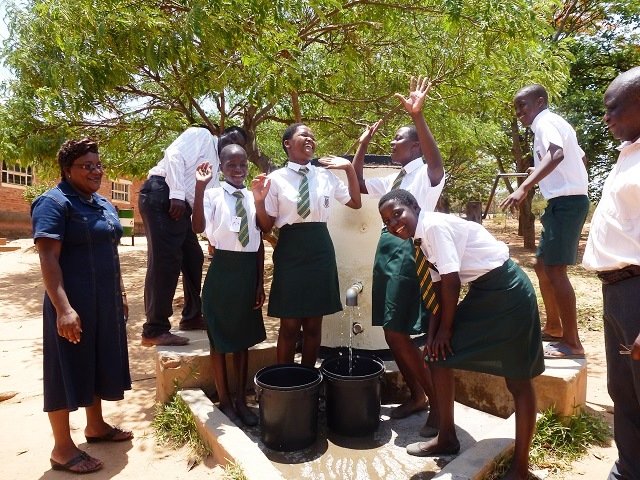
by Fern Shaw | Dec 9, 2015 | Uncategorized
Some 11 million children are at risk from hunger, disease and water shortages in east and southern Africa because of the strengthening El Nino weather phenomenon, this according to UNICEF. The worst affected countries are in east and southern Africa including Tanzania and Zimbabwe where the Africa Trust is working with funding from AquAid.
It’s thanks to the partnership between AquAid and The Africa Trust that close to two million people in Africa will have enough clean water to drink and use this Christmas and in the years to come.
 The children at St Columbus School in the Honde Valley in Zimbabwe are able to drink clean water from the Elephant Pumps at their school and in the surrounding villages where they live.
The children at St Columbus School in the Honde Valley in Zimbabwe are able to drink clean water from the Elephant Pumps at their school and in the surrounding villages where they live.
They also use water from the pumps to grow vegetables and bananas.
In Tanzania, many thousands of people benefit from gravity fed water pipelines funded by AquAid in areas where there was previously a terrible water shortage.
An Elephant Pump programme was also launched by AquAid and the Africa Trust in Tanzania this year, which could grow to benefit hundreds of thousands of people. It is important to remember that it is not only in drought years when Elephant Pumps save lives, as the dry season comes every year.
What about children in Tanzania who live a nomadic existence? Maasai boys as young as eight years old routinely travel with herds of cattle and goats for months at a time and often drink the same dirty water as their livestock. Most Maasai people who live traditionally in Tanzania and parts of Kenya lack sustainable access to clean water. As a result, water borne disease is by far the biggest killer and cause of disease in these communities.
The Africa Trust has recently launched a pilot project, which is helping to provide Maasai, who live in parts of the Arusha and Kilimanjaro regions, with a way to have their own personal supply of clean water. This project aims to reduce the burden of water borne disease in traditional Maasai communities by helping them have access to clean water through a simple innovation.
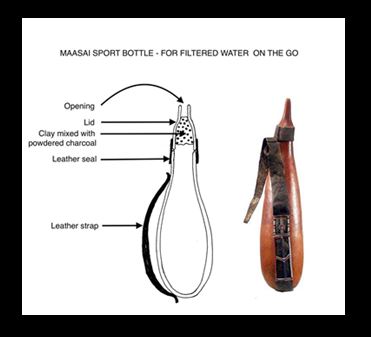 This ‘Maasai Sports Bottle’ is built on a foundation of research and innovation (by the Africa Trust team) in the local production of simple ceramic filters, which combine clay and charcoal. A previous innovation involved pyrolisis: heating a mixture of clay and sawdust with reduced oxygen. A simpler and more effective method has since been developed in which powdered charcoal from burnt wood is thoroughly mixed with wet clay and pressed into the lid of a Maasai water gourd. Once dry, the clay ‘cork’ is lightly heated in a fire until the outside colour has changed. This method produces an effective filter through which Maasai can safely drink water sourced from dirty stagnant pools. The water can be drunk from a gourd without removing the lid, like a sport bottle.
This ‘Maasai Sports Bottle’ is built on a foundation of research and innovation (by the Africa Trust team) in the local production of simple ceramic filters, which combine clay and charcoal. A previous innovation involved pyrolisis: heating a mixture of clay and sawdust with reduced oxygen. A simpler and more effective method has since been developed in which powdered charcoal from burnt wood is thoroughly mixed with wet clay and pressed into the lid of a Maasai water gourd. Once dry, the clay ‘cork’ is lightly heated in a fire until the outside colour has changed. This method produces an effective filter through which Maasai can safely drink water sourced from dirty stagnant pools. The water can be drunk from a gourd without removing the lid, like a sport bottle.

by Fern Shaw | Dec 9, 2015 | Uncategorized
If there’s one thing I absolutely love, it’s Christmas time. It starts with the advent calendars (no, they’re not just for the children), ramps up with the decorating of the tree and then continues at full steam ahead for the entire month of December.
Wrapped up in my dreams of Christmas time as I’m wont to do, a thought occurred to me; while I’m decking the halls with boughs of holly, fa la la la la la la la – how were others at AquAid celebrating this December month? So I asked:
AquAid Glasgow
Clare Miller told me that they don’t normally have a function in December as they are so busy, but something that sets them apart is that four of the team have their birthdays in December, and this year, two of those are ‘big’ birthdays, so they’re throwing a party to celebrate these two occasions on 11 December.
 Clare Miller 7th December
Clare Miller 7th December
 Dennis Crilley 14th December
Dennis Crilley 14th December
 Leigh Walker 16th December
Leigh Walker 16th December
 Catherine Hamill 23rd December
Catherine Hamill 23rd December
I didn’t ask who of the December born is celebrating a milestone birthday, but will be sending best birthday wishes to all ‘cos as we know, sometimes December birthdays can sometimes get lost in the Christmas festivities.

AquAid Essex
‘I have worked with this lovely team for 2 months now, and love working in a branch that is so enthused with the Christmas spirit – we have already planned some fantastic branch celebrations ranging from ‘Afternoon Tea’ for us ‘oldies’, through to a snooker evening for the younger members of our team.
On behalf of all of the Essex Aquaid Team, we would like to thank all of our customers and everyone involved with AquAid for their continued support and generosity towards our cause, and wish you all a very Happy Christmas and healthy and prosperous 2016’. ~ Vincent Wonnacott, Operations Manager.

AquAid Cambridge (HQ)
‘We don’t have any traditions as such, although we do get treated to an evening out. For the last few years we’ve gone to a steak restaurant, followed by bowling – which definitely got the competitive streaks of some going – I won’t name any names of course!
Every November on Parker’s Piece in Cambridge an outdoor ice skating rink is put up, and this year we are going to give it a go. Hopefully we’ll all come back with fingers & toes intact!’
This little excerpt from Marie Tarrant, Office Manager (fingers and toes intact at time of going to press).

AquAid Liverpool
‘In the past we have decorated the office with tinsel, a tree and other bits and pieces from our ‘Christmas box’.
Each year there is a staff party, where the company pay for a meal and a drink and then we go out in town with the drivers, sales team and get merry.
There is always a half day on the day we close for Christmas so the Christmas music comes out, we have a bit of food and its one of the only times everyone is in the office together which is nice, as normally the drivers come in at different times throughout the day. ~ Josh Searle

So there you have it. Now it’s over to you, dear customer, care to share your pre-Christmas workplace celebrations? If so, we’d love to hear from you. Whichever contribution is deemed the least heard of or unusual or just plain original, we’ll make mention on our social media. Who knows, perhaps your occasion will inspire other end of the year wearies!
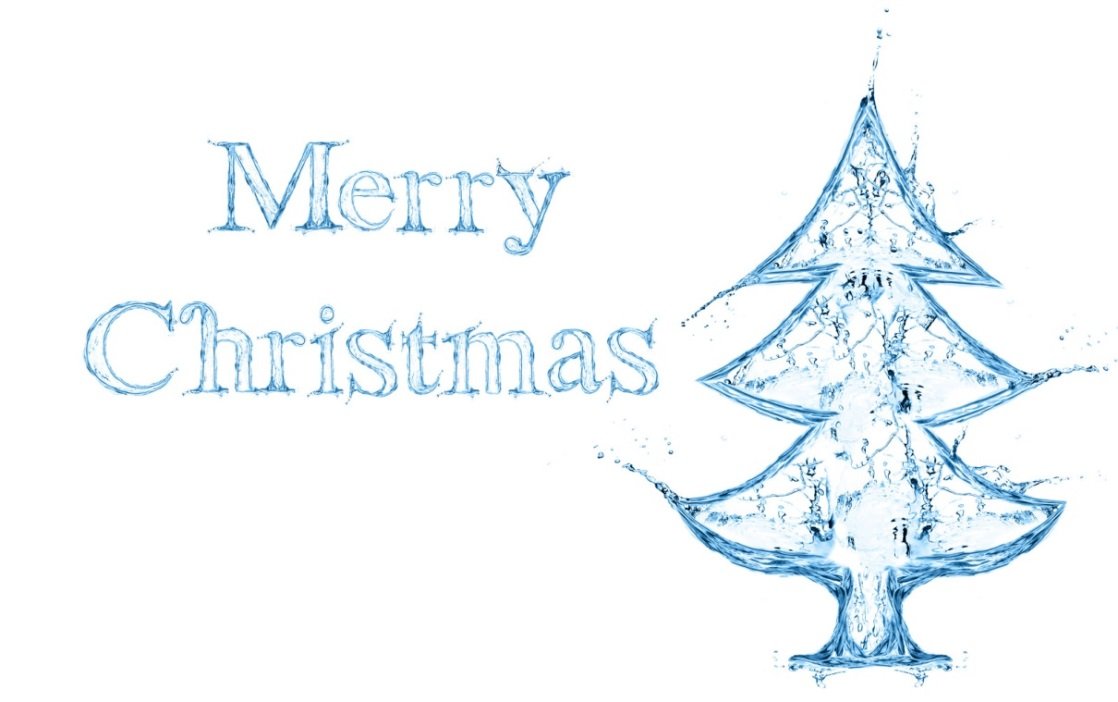
by Fern Shaw | Dec 9, 2015 | Uncategorized
Did you see the double edged meaning there? Who’s a clever clogs then? In case you didn’t, it’s like this: If you’re having a real fir tree this Christmas, you need to water it. Then, there are Christmas trees that are made out of water. I know that beggars’ belief and you’ll probably need plumbing and jets and a few fountains to play around with, but you get the general idea.
I think we may have established by now that I love Christmas. I don’t love the commercial craziness that usually starts in stores as early as October (and in one very unwelcome instance, end September) but everything else Christmas, I’m on board. To me (and to millions of other little humanoids across the globe) Christmas isn’t Christmas until you have your tree sorted.
Two years ago I went off the reservation a little – I visited the local garden refuse tip, found a suitable Nightmare Before Christmas tree branch, de-leafed it (yes, that’s a made-up word) leaving (arf arf) a few strategically placed leaves; spray painted it white, stuck it in a pot, draped the lights and hey, hey, nonny no, I was all set for Christmas. This year, I’m leaning towards a wire art tree, a baobab as it happens, and if that doesn’t work, I’m off to a Christmas tree farm to rent my very own (for a bit) Christmas tree.
 Renting a Christmas tree – is that a thing? Yes, it surely is. Nowadays, you’ll find a number of tree rental organisations across the U.K. where you can rent a gorgeous furry pine tree from November until January. The tree rental companies deliver and collect the tree. Your only responsibility is that you’ll need to keep your tree watered while it’s at home.*
Renting a Christmas tree – is that a thing? Yes, it surely is. Nowadays, you’ll find a number of tree rental organisations across the U.K. where you can rent a gorgeous furry pine tree from November until January. The tree rental companies deliver and collect the tree. Your only responsibility is that you’ll need to keep your tree watered while it’s at home.*
There’s even a company where you can rent a fully decorated real tree, but I think, for me, that sort of detracts from the whole Christmas tree experience (unless of course, you’ve had just one too many being pricked by pine needles’ experiences and will joyfully forego that particular feeling).
If the thought of sweeping up pine needles or having to keep your tree watered is all too much to bear, there are an amazing amount of alternative Christmas tree options you may look at – most quite eco-friendly – and still not the synthetic ones you may be used to.
From using different lengths of driftwood as ‘branches’ against a wall; brightly coloured paper and paper decorations wrapped around a frame; stacked gold cushions (yes, really!) through to Christmas baubles in the shape of tree against a wall and surrounded by a decorative frame – the possibilities are only as limited as one’s imagination.
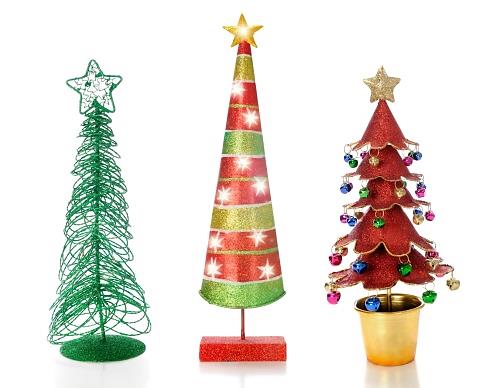 Of course, these alternatives may restrict your more traditional Christmas festivities, such as dancing round the tree, as some bah humbug person pointed out to me, but if this doesn’t faze you, then hang that tree, make that frame, glue those baubles.
Of course, these alternatives may restrict your more traditional Christmas festivities, such as dancing round the tree, as some bah humbug person pointed out to me, but if this doesn’t faze you, then hang that tree, make that frame, glue those baubles.
Whichever tree you choose to decorate your home this festive season, here’s wishing you all a very blessed and merry Christmas from all of us here at AquAid.
*Psst – using your water cooler water to water your Christmas tree is not recommended.
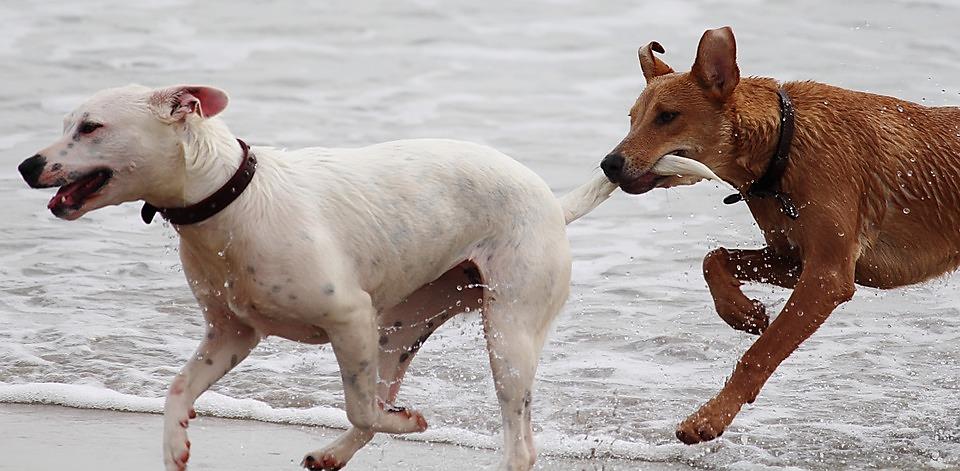
by Fern Shaw | Dec 8, 2015 | Uncategorized
A ways back, I should cocoa (I did) – I presented the first in a series of two blogs about *points to headline*. Recently, I went back to that blog and realised that it was a Part I, which meant, at the very least, a second instalment was needed. So, without further ado, I present more witticisms to try out on your nearest and dearest:
Dressed to the nines*
Some think this refers to the 99th Regiment of Foot, whose uniforms were notably splendid, but the expression predates the British army. In Old English, the plural of ‘eye’ was ‘eyne’ and it is believed that ‘dressed to the nines’ was once actually ‘dressed to the eyne’ – in other words, making oneself look as pleasing as possible to the beholder.
Nickname
This comes from the old word eke, which meant ‘also’. If a person had an additional name, it was called an ‘eke name’. Over time, this gradually became a ‘neke name’ and then eventually a nickname.
Posh
For many years it was believed that ‘posh’ was an abbreviation for ‘port out, starboard home’ (say whaaaat?) – the preference of wealthy passengers on the voyage to India, as it meant a cooler cabin. This explanation is now discredited in favour of an older word poosh, sometimes spelled ‘push’, which meant smart and dandified. PG Wodehouse uses it in an early story from Tales of St Austin’s (1903) when a character describes a bright waistcoat as ‘quite the most push thing at Cambridge.
(In) fine fettle
‘Fetel’ is an Old English word for girdle, so when you were dressed in your best clothes and belt, you were ‘in fine fetel’. From there, the word developed an association with tidying up other things – such as cleaning off stray fragments that stuck to iron castings or china mouldings. When the process was finished, the piece had been ‘fettled’.
Hair of the dog
This one is surprisingly literal. In ancient times, if you were bitten by a dog you were quite likely to pluck some of its hairs and put them into a poultice to cure the wound. By the middle of the 1500s, this concept had been extended to the belief that a hangover could be cured by drinking more the next morning. Both practices spring from the belief that like cures like – similar to the basis of homeopathy today.
*excerpts from an article at the online Express
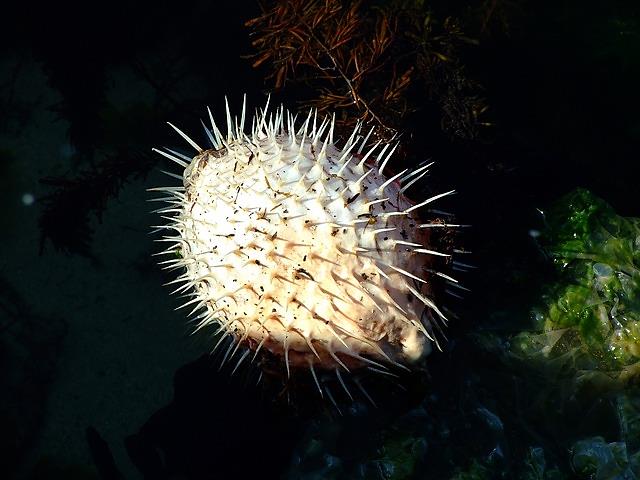
by Fern Shaw | Oct 19, 2015 | Uncategorized
That would be … me! Yes, yes, on occasion (usually during the change of season) I don my culture vulture headgear (a jester’s cap no less) and get out there in the World Wide Web and eddicate myself. I was all geared up initially to find out which countries were wearing what jerseys for the Rugby World Cup but after reading about how England’s players had to wear red because Fiji won the toss and are wearing white, I thought it best to step away before the rainbow turned into a hodge podge of colour.
This led me to reading about a dish called Poutine. I like to think of myself as having pretty fair general knowledge, but poutine? Poutinely unclear! Turns out it’s a dish that according to the wonderful Wiki is ‘a British inspired Canadian dish, originating in the province of Quebec, made with french fries and cheese curds topped with a light brown gravy-like sauce.’ Yum! (not). I have a pathological dislike of anything curd like.
Casting my food net further afield I discovered a few more unusual dishes that may not exactly endear you to your dinner guests. The alternative title for this list of scary is ‘Minimum three glasses of water per dish meals’.
Second up there’s a dish called Surstromming – Baltic Sea herring fermented with just enough salt used to prevent it from rotting. Mainly found tinned in brine these days, when opened it releases such a pungent aroma that it usually needs to be eaten outside. Sounds delightful.
Thirdly, there’s Fugu, made famous by The Simpsons (it’s specifically the ‘One Fish, Two Fish, Blowfish, BlueFish‘ episode 11 in Season 2 if you care to watch it) this little delicacy has the potential to be deadly if prepared incorrectly. As such, only chefs that have been drilled to perfection are allowed to handle the serving of the pufferfish. Good luck with that!
Before you get all ‘these dishes aren’t anything like what we eat at home, we’re safe’, think again.
What about Singing hinnies? The name for a northern dish of currant cakes cooked on a griddle. ‘Singing’ refers to the sizzling sound of the cakes as they cook in fat, while ‘hinny’ is, of course, a Northern term of endearment.
And then there’s Cullen skink which is a speciality from the town of Cullen on Scotland’s north-east coast. It’s a thick soup made from haddock, potatoes and onions. Theories as to where the word ‘skink’ comes from differ: it may be a variation on the Scots skink, meaning soup made from shin of beef.
There are actually loads more weird and wonderful British born dishes / meals, but that’s for another time. I’d like to say ‘celebrate your cultural differences – embrace the different’, but with dishes like these, my enthusiasm falls a bit short.
Culture vulture out!



 The children at St Columbus School in the Honde Valley in Zimbabwe are able to drink clean water from the Elephant Pumps at their school and in the surrounding villages where they live.
The children at St Columbus School in the Honde Valley in Zimbabwe are able to drink clean water from the Elephant Pumps at their school and in the surrounding villages where they live. This ‘Maasai Sports Bottle’ is built on a foundation of research and innovation (by the Africa Trust team) in the local production of simple ceramic filters, which combine clay and charcoal. A previous innovation involved pyrolisis: heating a mixture of clay and sawdust with reduced oxygen. A simpler and more effective method has since been developed in which powdered charcoal from burnt wood is thoroughly mixed with wet clay and pressed into the lid of a Maasai water gourd. Once dry, the clay ‘cork’ is lightly heated in a fire until the outside colour has changed. This method produces an effective filter through which Maasai can safely drink water sourced from dirty stagnant pools. The water can be drunk from a gourd without removing the lid, like a sport bottle.
This ‘Maasai Sports Bottle’ is built on a foundation of research and innovation (by the Africa Trust team) in the local production of simple ceramic filters, which combine clay and charcoal. A previous innovation involved pyrolisis: heating a mixture of clay and sawdust with reduced oxygen. A simpler and more effective method has since been developed in which powdered charcoal from burnt wood is thoroughly mixed with wet clay and pressed into the lid of a Maasai water gourd. Once dry, the clay ‘cork’ is lightly heated in a fire until the outside colour has changed. This method produces an effective filter through which Maasai can safely drink water sourced from dirty stagnant pools. The water can be drunk from a gourd without removing the lid, like a sport bottle.

 Renting a Christmas tree – is that a thing? Yes, it surely is. Nowadays, you’ll find a number of tree rental organisations across the U.K. where you can rent a gorgeous furry pine tree from November until January. The tree rental companies deliver and collect the tree. Your only responsibility is that you’ll need to keep your tree
Renting a Christmas tree – is that a thing? Yes, it surely is. Nowadays, you’ll find a number of tree rental organisations across the U.K. where you can rent a gorgeous furry pine tree from November until January. The tree rental companies deliver and collect the tree. Your only responsibility is that you’ll need to keep your tree  Of course, these alternatives may restrict your more traditional Christmas festivities, such as dancing round the tree, as some bah humbug person pointed out to me, but if this doesn’t faze you, then hang that tree, make that frame, glue those baubles.
Of course, these alternatives may restrict your more traditional Christmas festivities, such as dancing round the tree, as some bah humbug person pointed out to me, but if this doesn’t faze you, then hang that tree, make that frame, glue those baubles.
